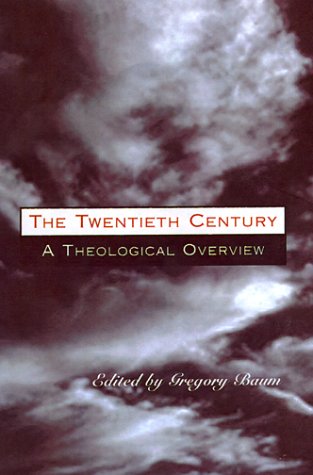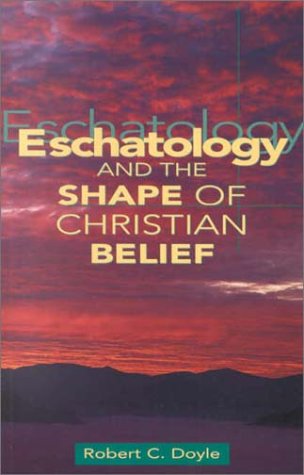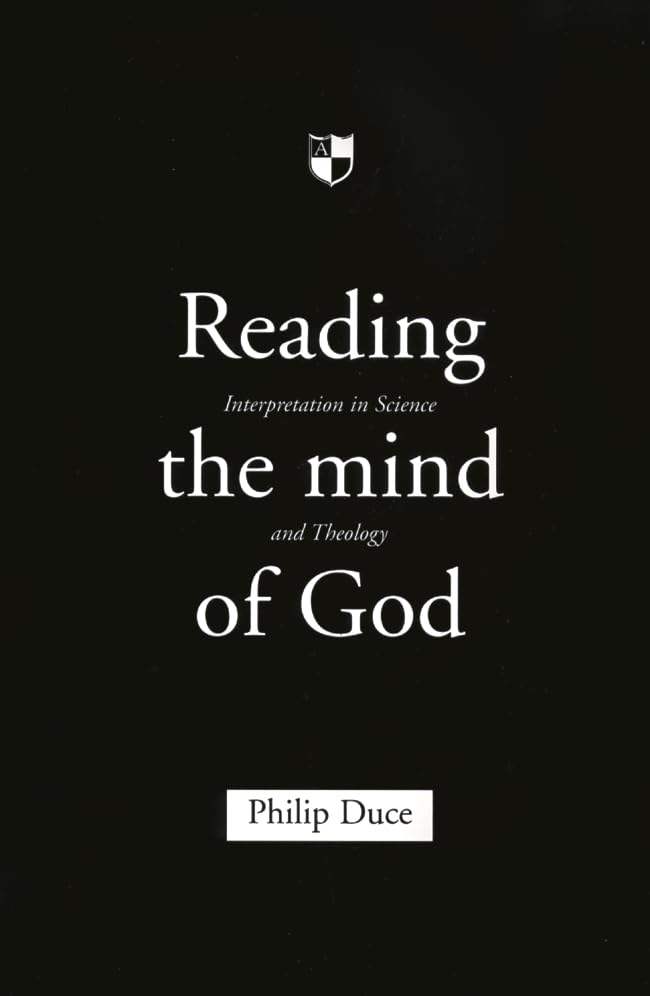Exodus (Westminster Bible Companion)
Written by J. Gerald Janzen Reviewed By Herbert H. KlementThe series in which this commentary appears is ‘intended to help the laity of the church read the Bible more clearly and intellectually’ (xi). Thus Janzen sets out his own interpretation rather than learned discussion. Taking his cue from the Greek title Exodus, he describes the book’s theme in the introduction as a story about ‘going out’ or the ‘out—through—in’ stages of life (1). He reads it as a story of two acts (8), with each act further divided into two:
Act 1 A 1–24
Oppression, Redemption, Covenant
B 25–31
Planning a place of Presence
Act II A′ 32–34
Sin, Redemption, Covenant
B′ 35–40
Preparing a Place for Presence
There is no consideration of the unity of Exodus–Numbers linked by a common setting to which Israel is led (Exodus) and from which they set out (Numbers). Nor is there any discussion of the place of Exodus in the Pentateuch and related questions, though Janzen does forge a link to Genesis with his comment: ‘to begin reading the book of Exodus without having just read Genesis is like tuning in to the fourth episode of a season-long TV serial’ (14).
Each segment opens with the full NRSV text, except the final section (B′). The treatment is very uneven: Part A gets the lion’s share (190 pp., including the text), followed by Part B (34 pp.), Part A′ (42 pp.) and Part B′ (3 pp.). This is eloquent testimony to the work’s peculiar imbalance. The interpretation is primarily concerned with question of contemporary church life. However valuable such a concern is, the present reviewer was left feeling somewhat helpless. Even a commentary for lay readers should not be patronising but furnish tools for grappling with and understanding the text, the book and its historical context. In the present work even the odd stimulating passage hardly dispels the overall impression of a highly subjective, uneven and arbitrary exposition.
Herbert H. Klement
Sprockhövel, Germany







